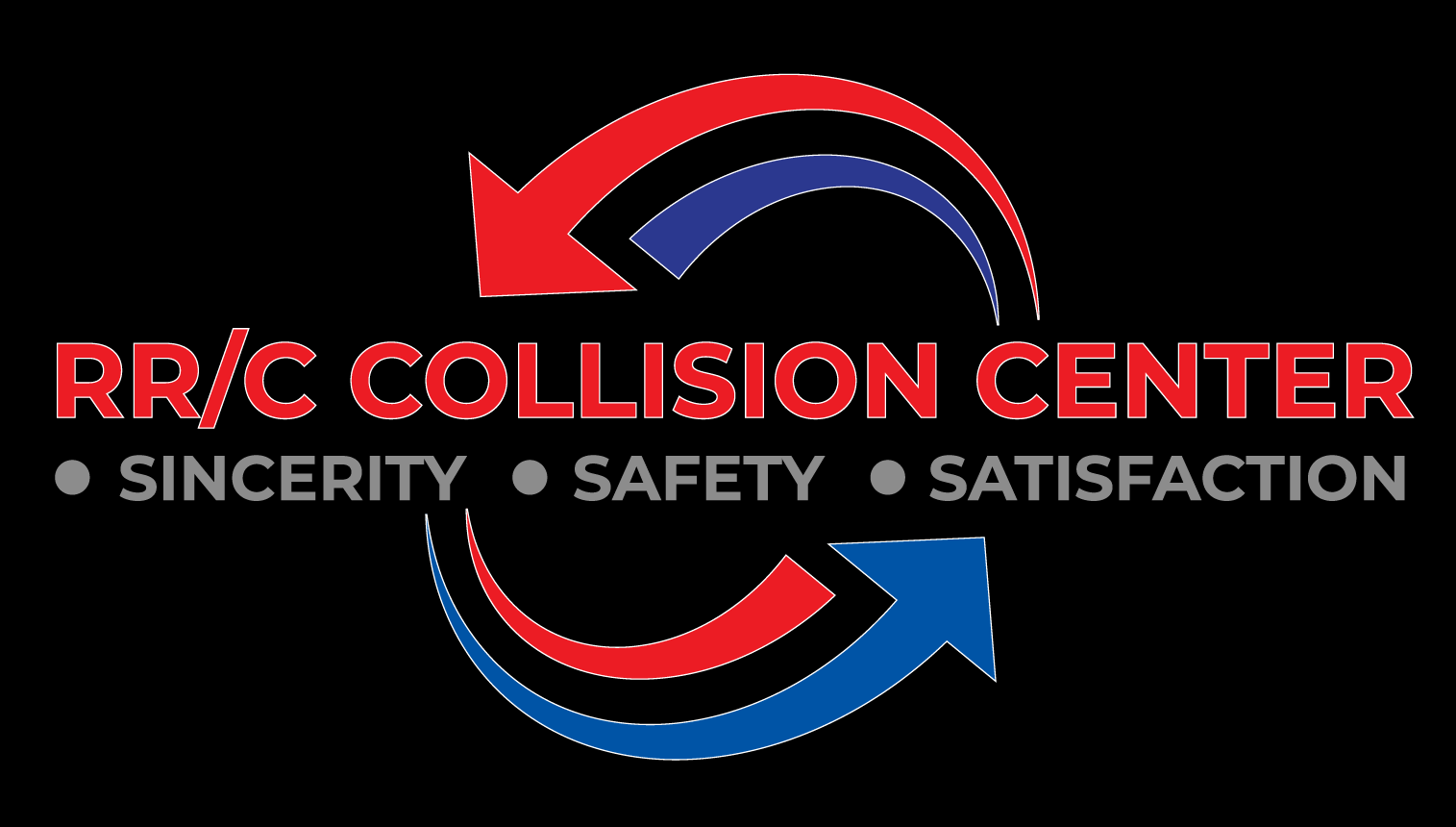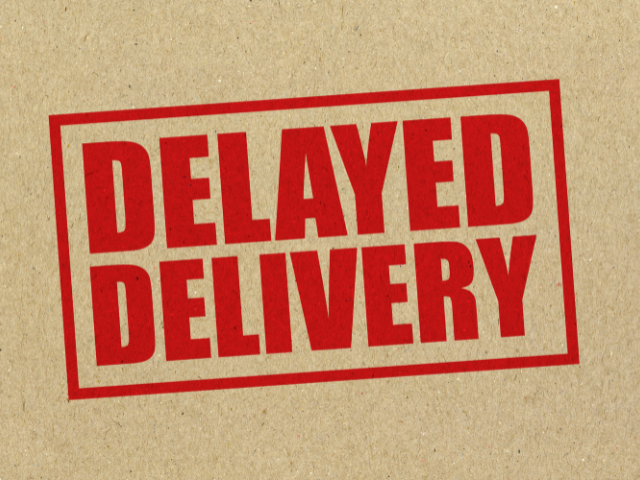Nobody Likes Delays
There are several challenges that can cause delays in the collision industry, particularly with regards to the supply chain. Some of these challenges include:
Limited Availability of Parts
Limited availability of parts can be caused by a number of factors. For example, if a particular model of vehicle is involved in a recall, there may be a high demand for certain parts associated with the recall. This can lead to shortages of those parts, as manufacturers may not be able to produce enough to meet the demand.
Similarly, if a particular part is used in multiple models of vehicles, and one of those models experiences a sudden increase in popularity, there may be a higher demand for that part, leading to shortages.
In some cases, certain parts may simply be difficult to obtain due to limited production or a lack of suppliers. This can be particularly true for older vehicles, as it may be more difficult to find parts for models that are no longer in production.
Regardless of the cause, if repair shops are unable to get the parts they need in a timely manner, it can lead to delays for customers as the repairs are unable to be completed as quickly as expected.
Long Lead Times for Parts
Long lead times for parts can be caused by a number of factors, including the distance the parts need to be shipped. If the repair shop is located a great distance from the supplier, it may take longer for the parts to be delivered. This is because it takes time for the parts to be transported by truck, train, or plane to the repair shop.
Additionally, there may be bottlenecks or delays in the shipping process that can extend the lead time for parts. For example, if there is a delay at a port or other point of entry, it can hold up the delivery of parts. Similarly, if there are issues with the transportation of the parts, such as a breakdown or an accident, it can also cause delays.
Overall, long lead times for parts can be a significant challenge for repair shops, as it can take longer for them to get the parts they need to complete repairs, leading to delays for customers.
Limited Capacity at Repair Shops
If a repair shop is already working on a high volume of vehicles, it may not have the capacity to take on additional work, leading to delays for customers. This can happen for a number of reasons. For example, if the repair shop is short-staffed, it may not have enough technicians to work on additional vehicles. Similarly, if the repair shop does not have enough space to accommodate additional vehicles, it may not be able to take on new work.
Additionally, if a repair shop is working on a large number of vehicles that require specialized equipment or training, it may not have the capacity to take on additional work that requires the same equipment or training. For example, if a repair shop is already working on several high-end luxury vehicles that require specialized diagnostic equipment, it may not have the capacity to take on additional work that requires the same equipment.
Overall, limited capacity at repair shops can be a significant challenge, as it can lead to delays for customers who are unable to get their vehicles repaired in a timely manner.
Quality Control Causing Delays
Quality control issues can be a significant challenge for the collision industry, as defective or non-compliant parts can cause delays in repairs. If a repair shop receives parts that are defective or do not meet the required standards, it can cause delays as the faulty parts need to be returned and replaced.
For example, if a repair shop receives a batch of fenders that do not fit properly, it will need to return them and request a replacement. This can take time, as the faulty parts need to be shipped back to the supplier, and a new batch of parts needs to be delivered to the repair shop.
Similarly, if a repair shop receives parts that do not meet the required standards, such as parts that are not made of the correct material or do not have the proper finish, it can also cause delays as the faulty parts need to be returned and replaced.
Overall, quality control issues can be a significant challenge for repair shops, as they can lead to delays in repairs and frustration for customers.
The Pandemic’s Role in Delays in the Supply Chain
The COVID-19 pandemic has had a significant impact on the supply chain, leading to disruptions and delays in the delivery of parts.
One of the main ways that the pandemic has disrupted the supply chain is by causing disruptions in the transportation of goods. For example, lockdowns and travel restrictions have made it more difficult for goods to be shipped from one location to another. Additionally, the pandemic has led to a reduction in the number of flights and cargo ships available for transporting goods, which has slowed down the delivery of parts.
The pandemic has also led to delays in the production of parts, as factories have had to reduce their output or shut down due to lockdowns and other measures aimed at containing the spread of the virus. This has caused shortages of certain parts and has contributed to the overall disruption of the supply chain.
Overall, the COVID-19 pandemic has had a significant impact on the supply chain, leading to disruptions and delays in the delivery of parts. This has been a significant challenge for repair shops, as it has made it more difficult for them to get the parts they need in a timely manner, leading to delays for customers.
According to a late August, 2022 article in Repair Driven News, there may be some relief in the coming months. You can read that article here.
Our commitment to you
We at RR/C Collision are committed to serving our customers as quickly as possible. And while it’s true, we are also affected by supply chain disruptions, we do everything possible to find the right parts for your car’s repair. Of course, if you ever want to check on your vehicle’s repair status, we’re always here to answer your questions!

